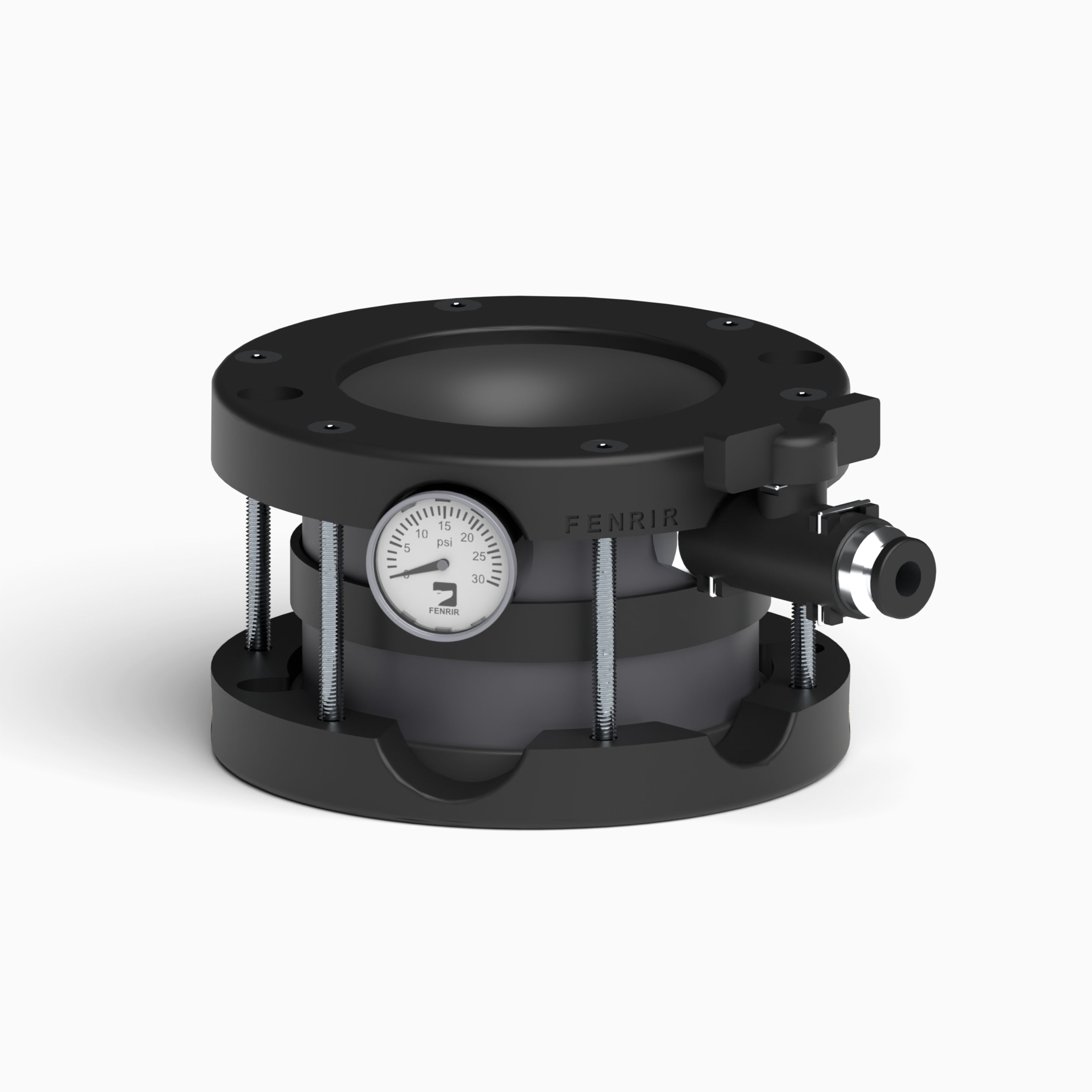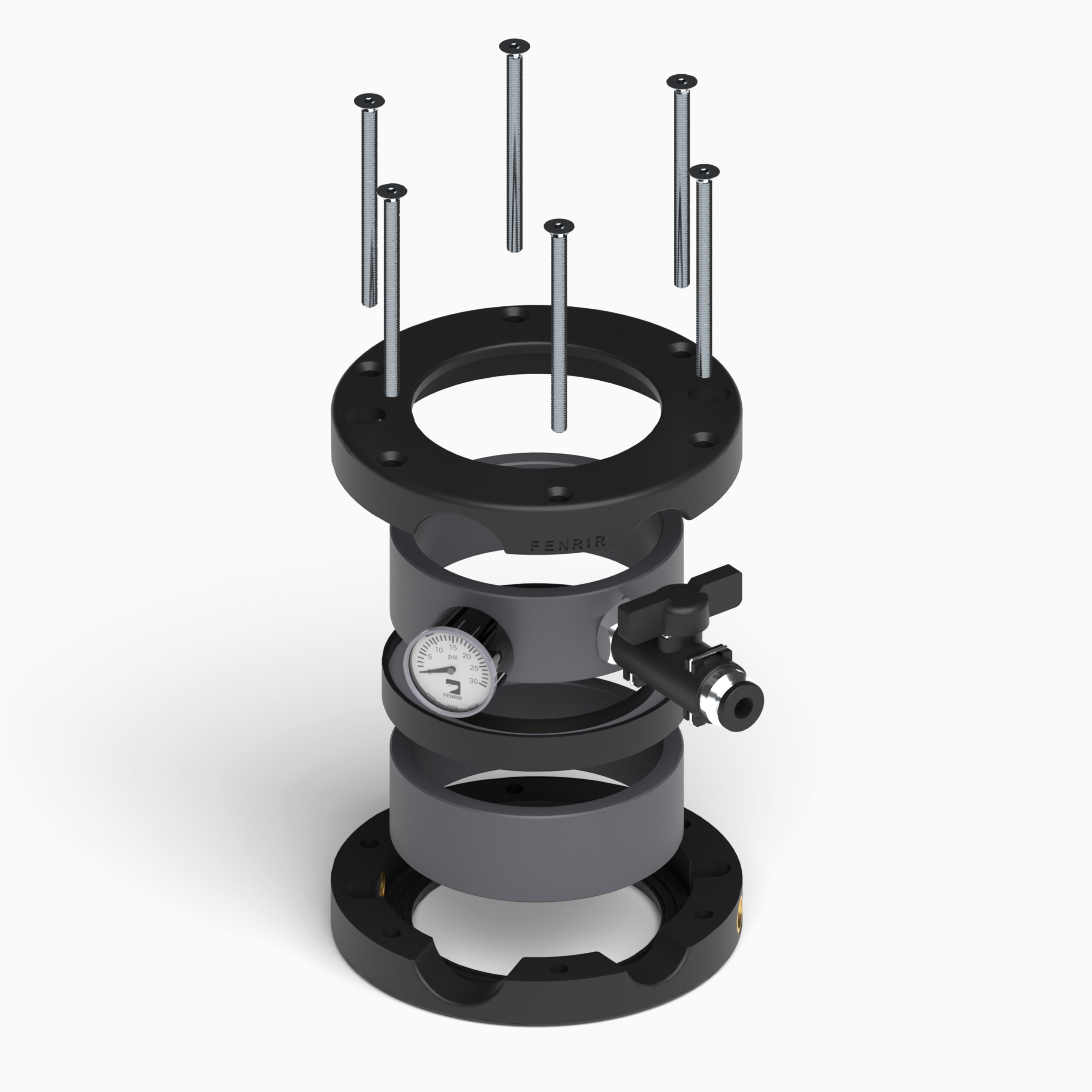In a world where convenience often outweighs nutritional quality, many men may be unknowingly trading long-term vitality for short-term ease—especially when it comes to diet. The rise in ultra-processed food consumption is not only contributing to obesity and chronic disease but may also be playing a role in hormonal imbalances, reduced testosterone levels, and even erectile dysfunction (ED).
The shift away from whole, nutrient-rich foods toward chemically preserved, sugar-laden, and artificially flavored meals is having consequences beyond weight gain. From lower energy and motivation to declining sexual health, the impact on male hormonal health is increasingly difficult to ignore.
The Processed Food Problem
Ultra-processed foods—such as fast food, sugary cereals, packaged snacks, and ready-to-eat meals—are formulated for taste, shelf-life, and convenience, not for nutritional value. These foods are often high in:
-
Refined carbohydrates and added sugars
-
Industrial seed oils (such as soybean, canola, and corn oils)
-
Preservatives, emulsifiers, and synthetic flavor enhancers
While these ingredients can satisfy immediate hunger or cravings, research suggests they may contribute to systemic inflammation, metabolic dysfunction, and nutrient deficiencies—factors that collectively impair hormonal health.
Note on Seed Oils: While some sources refer to omega-6-rich seed oils as “inflammatory,” this is context-dependent. An imbalanced omega-6 to omega-3 ratio—common in Western diets—can promote chronic low-grade inflammation, but seed oils themselves are not inherently harmful when consumed in moderation and balanced with omega-3s.
Testosterone: Why It Matters—and What Affects It
Testosterone is vital not only for libido but also for energy, mood regulation, muscle maintenance, and metabolic health. Alarmingly, studies show that average testosterone levels in men have declined significantly over the past few decades (Travison et al., 2007; Luborsky et al., 2006).
While several factors influence this trend—including stress, poor sleep, and sedentary lifestyles—diet plays a key role.
How Processed Foods May Contribute to Low Testosterone:
-
Obesity and Insulin Resistance: Diets high in sugar and refined carbs can lead to weight gain and visceral fat accumulation. Visceral fat actively converts testosterone into estrogen via the enzyme aromatase and suppresses the hypothalamic-pituitary-gonadal (HPG) axis.
-
Inflammation: Chronic low-grade inflammation—potentially fueled by ultra-processed foods—can disrupt hormonal signaling and impair testosterone production.
-
Micronutrient Deficiency: Key nutrients like zinc, magnesium, and vitamin D are essential for testosterone synthesis. Processed diets often lack these nutrients in meaningful amounts.
Hormonal Imbalance and Erectile Dysfunction
Low testosterone is associated with more than just fatigue—it can directly impair sexual function. Erectile dysfunction, once viewed as a condition primarily affecting older men, is increasingly reported among younger men. Emerging research suggests poor nutrition and lifestyle habits are important contributing factors.
Reduced testosterone can impair nitric oxide production, a molecule essential for vasodilation and healthy blood flow during arousal. Moreover, chronic inflammation and oxidative stress—both linked to poor diet—can damage endothelial function, leading to less reliable or weaker erections.
Additional Dietary Factors That May Influence ED:
-
Excessive alcohol and caffeine: Chronic overconsumption of alcohol is associated with testosterone suppression. Caffeine’s effects are more complex—moderate coffee intake may actually support testosterone, while excess (especially from energy drinks) can increase stress hormones like cortisol.
-
Trans fats: Found in hydrogenated oils and processed baked goods, trans fats impair endothelial function and may suppress testosterone production.
-
Endocrine disruptors: Chemicals like BPA (commonly found in plastic packaging) and high intakes of processed soy may have hormone-disrupting effects. However, current evidence shows that moderate soy intake is generally safe for men and unlikely to affect testosterone levels significantly (Messina et al., 2010).
What Real Nutrition Looks Like
The encouraging news: dietary changes can have a profound effect on hormonal balance and overall well-being.
Focus on Nutrient-Dense, Whole Foods:
-
Healthy fats: Avocados, nuts, seeds, extra virgin olive oil, egg yolks, and fatty fish (rich in omega-3s)
-
High-quality proteins: Grass-fed meats, pasture-raised eggs, legumes, and fermented or clean dairy products
-
Cruciferous vegetables: Broccoli, kale, cabbage—rich in compounds that support estrogen metabolism and detoxification
-
Micronutrient-rich foods: Pumpkin seeds, shellfish, spinach, and dark chocolate for zinc and magnesium
-
Limit refined sugars and ultra-processed carbs, and maintain proper hydration
A real-food approach doesn’t rely on flashy packaging or synthetic ingredients. It’s simple, recognizable, and deeply nourishing. Over time, it helps restore hormonal balance, support sexual function, and promote overall vitality.
Final Thoughts
Hormonal health plays a pivotal role in everything from energy and emotional balance to strength and longevity. And it’s intricately tied to your daily dietary choices.
The good news is, you don’t need to rely on testosterone boosters or pharmaceuticals to make a difference. Often, the most effective solution is to remove what’s doing harm—and return to a way of eating that supports your biology, not fights it.
References:
-
Travison, T.G., et al. (2007). A population-level decline in serum testosterone levels in American men.
The Journal of Clinical Endocrinology & Metabolism, 92(1), 196–202
-
Hall, K.D., et al. (2019). Ultra-Processed Diets Cause Excess Calorie Intake and Weight Gain.
-
Messina, M. (2010). Soybean isoflavone exposure does not have feminizing effects on men: A critical examination of the clinical evidence.
-
Luborsky, J.L., et al. (2006). Decline in serum testosterone levels among adolescent and young adult men in the United States.
-
Calder, P.C., et al. (2009). Dietary fatty acids and inflammation: focus on omega-3.
-
Bobjer, J., et al. (2014). High alcohol intake is associated with reduced semen quality and altered reproductive hormone levels in healthy young men.














Share:
Beyond the Illusion of Power: Rethinking Masculinity in the Age of Steroids and Status